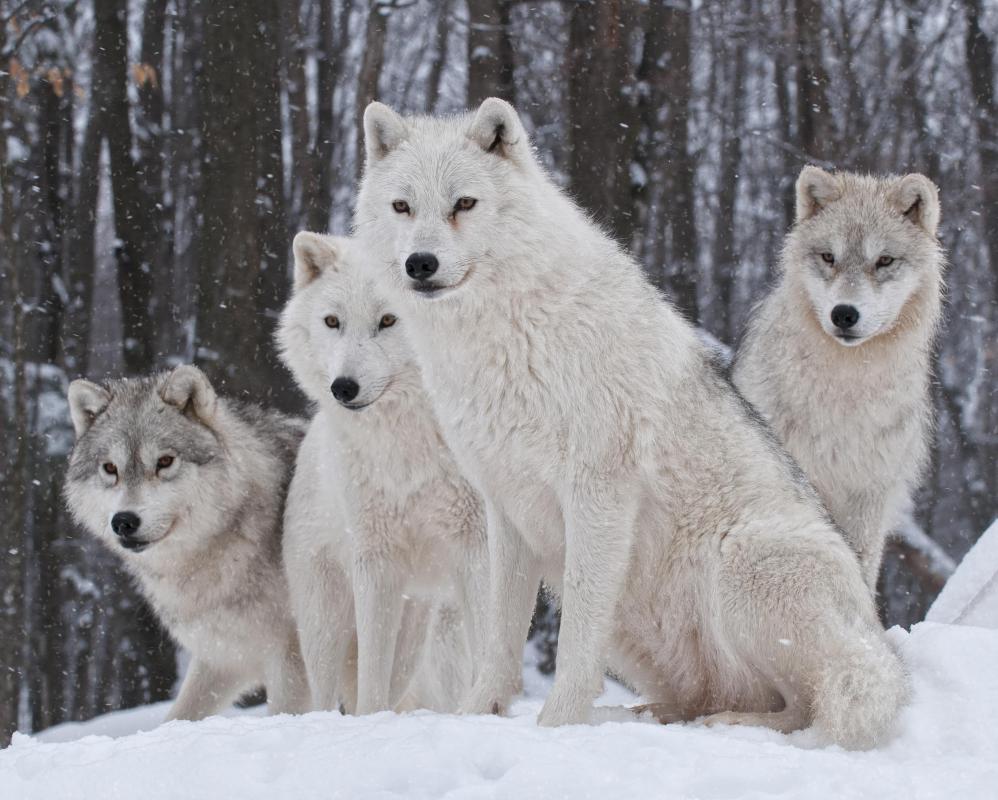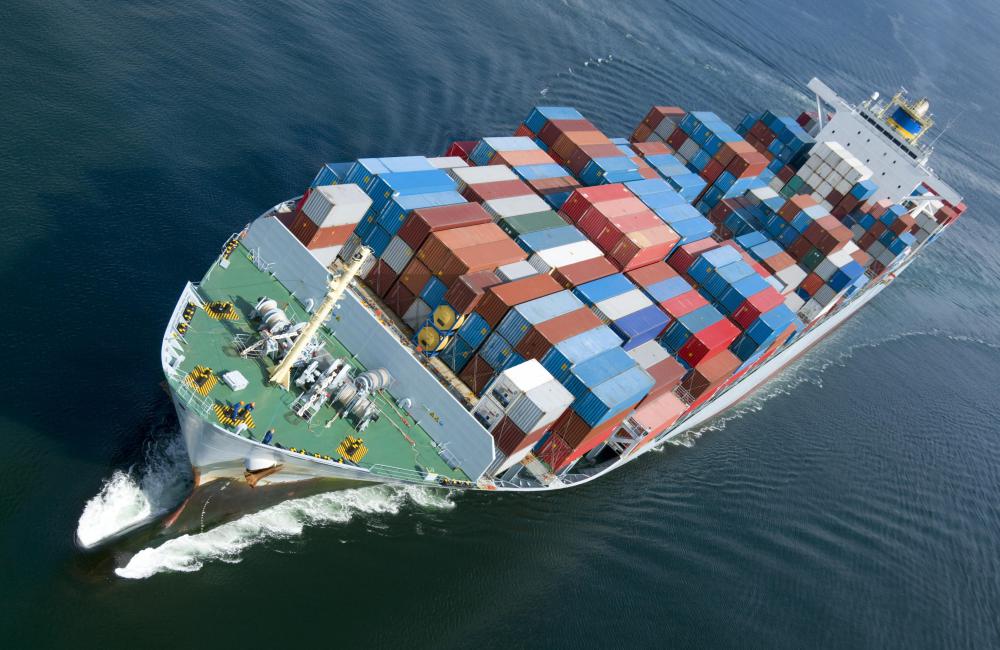At WiseGEEK, we're committed to delivering accurate, trustworthy information. Our expert-authored content is rigorously fact-checked and sourced from credible authorities. Discover how we uphold the highest standards in providing you with reliable knowledge.
What is the Impact of Global Warming?
Global warming is a term used to describe an overall rise in temperature throughout the planet. Since the mid-20th century, some scientists have insisted that human activity has lead to unnatural atmospheric changes that will result in a dangerous trend of global warming. The impact of global warming awareness has lead to a massive public debate on changing human behavior to slow or stop the trend of the warming planet. However, much of the actual impact of global warming is yet to be seen, though some effects are already becoming clear at the dawn of the 21st century.
There are many predictions for how global warming will impact the planet, depending on how severely temperatures rise across the globe. In the most dire predictions, temperature increases may cause massive habitat loss and will lead to species extinctions, the rise of vast uninhabitable savannahs across the temperate world, dangerous weather shifts that could lead to the loss of all major coastal cities, and even the possibility that humans could no longer survive on the planet.

In the early 21st century, some of these predictions are already coming true. Increased glacial melt has lead to a severe habitat loss for many Arctic creatures, threatening the survival of arctic wolves, polar bears, fish and marine mammals. Some scientists believe that a trend of early springs and late winters has affected the migratory patterns of birds, leading to serious population loss in some species. In Africa, some seasonal lakes used by humans and migrating animals have already disappeared completely due to overall warmer temperatures, threatening populations that rely on them for drinking water.

Yet many suggest that the impact of global warming remains to be seen. With few exceptions, most climate change problems do not yet directly affect most humans on the planet. Some experts believe this will change dramatically by the 22nd century, as rising sea temperatures and resulting weather patterns may force the abandonment of some cities, and previously fertile lands may be rendered unusable due to higher temperatures baking necessary nutrients out of the soil. Human starvation and habitat loss are often considered to be potential impacts of global warming in the near future.

It is not known if the warming trend of the planet can be reversed or slowed by human action, but fear of the impact of global warming has lead to some attempt on the part of the human species to prevent further damage. In the 21st century, many countries are attempting to switch over to sustainable practices that will not add to warming-related emissions. Hybrid cars, increased use of alternative energy, even recycling programs are all attempts to prevent the impact of global warming from reaching devastating levels. Some even suggest that a major impact of global warming is a positive one; by forcing humans to re-imagine society as renewable and sustainable, the future of the planet may be greatly improved.
AS FEATURED ON:
AS FEATURED ON:














Discussion Comments
I never really thought about any positive effects of global warming, Buster29, but I guess you're right. I'm not saying global warming itself is a great thing, but maybe some countries could find new oil deposits or new territory if the Arctic ice starts melting.
There's some talk about a few positive economic developments arising from global warming. The thinning ice around the Arctic, for example, may allow the Canadian government to develop a new trade route between the Atlantic and Pacific oceans. Instead of going through the Panama or Suez canals, future shipping lines may be able to hire ice breakers and travel through Canadian waters. This new passage would save a significant amount of time and money.
Post your comments